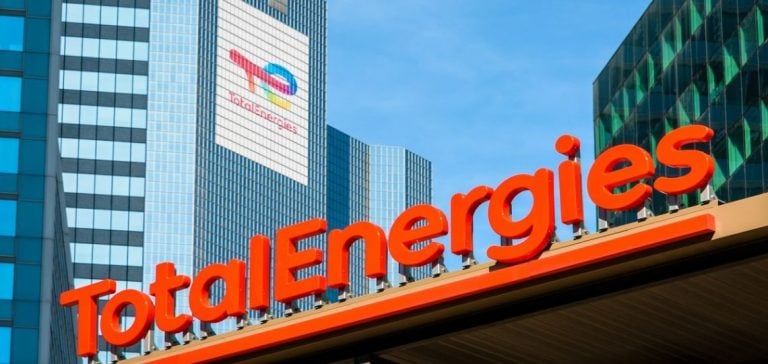TotalEnergies has warned of a significant drop in its European refining margins for the third quarter of 2024, attributed to a correction in petroleum product prices after historic highs. This decline in margins weighs heavily on profits in the downstream segment of the French energy giant.
In a quarterly trading update on October 15, TotalEnergies indicated that its European refining margins averaged $15.40 per ton in the third quarter. This figure represents a 66% drop from the second quarter, marking the largest quarterly decrease in over five years.
A Challenging Margin Environment
Like most global refiners, TotalEnergies benefited from soaring margins following the shock caused by the Ukraine war in the second quarter of 2022, which disrupted oil supply chains. Margins reached record levels at that time. However, with trade flows resuming and economic pressures affecting consumption, refined product prices have continued to decline throughout 2024.
The last time TotalEnergies reported lower refining margins was in the third quarter of 2021, with a figure of $8.80 per ton. Before the Russian invasion, the annual average for 2021 was $10.25 per ton.
Raw Material Costs and Production Adjustments
Although Brent crude prices slightly decreased in the third quarter, falling from $85 to $80.30, this decline was not enough to offset the sharper drop in petroleum product markets. This context has pushed refiners to reduce production after a summer marked by high output to capitalize on margins that remained historically favorable.
Commodity Insights analysts have cut their fourth-quarter production forecasts by 50,000 barrels per day due to early signs of economic slowdown, while utilization rates for European refineries are expected to drop from 83% in September to 82% in October and November.
Winter Prospects
Autumn maintenance work at key refineries in Europe, such as those in Frederica, Denmark, and Pembroke, UK, is expected to mitigate supply excesses. However, demand remains weak, and inventories of refined products have built up at the Amsterdam-Rotterdam-Antwerp hub through September. Despite a slight decline in gasoil stocks in early October, growth prospects in Europe remain bleak, and a mild winter could limit support from heating oil consumption.
Major European refining companies, including BP, Shell, and OMV, have also seen a string of negative results in the downstream segment, with margins reaching historically low levels, some cases dating back to the COVID-19 crisis.
Increasing Pressure in Upstream
In the upstream segment, TotalEnergies expects total hydrocarbon production of 2.4 million barrels of oil equivalent per day (boe/d), slightly down from the 2.45 million boe/d reported in the previous three quarters. This decrease represents a multi-year low.
Disruptions to production in Libya, which lost about half of its crude output in September due to a political crisis, have contributed to this decline. Additionally, unplanned shutdowns at the Ichthys LNG project in Australia have also impacted output, although the Mero 2 project in Brazil has provided some uplift.
LNG as a Future Growth Driver
TotalEnergies anticipates that LNG (liquefied natural gas) will lead its growth in hydrocarbon production through 2030. The company is projecting about 3% annual growth by the end of the decade, largely driven by major projects launched in 2024 in Brazil, Suriname, Angola, Oman, and Nigeria.
The company has also projected that its integrated LNG results would exceed $1 billion in Q3, citing an average Q3 LNG price of $9.91 per million Btu (Mbtu) for the quarter, reflecting a 6% improvement from Q2 values.






















